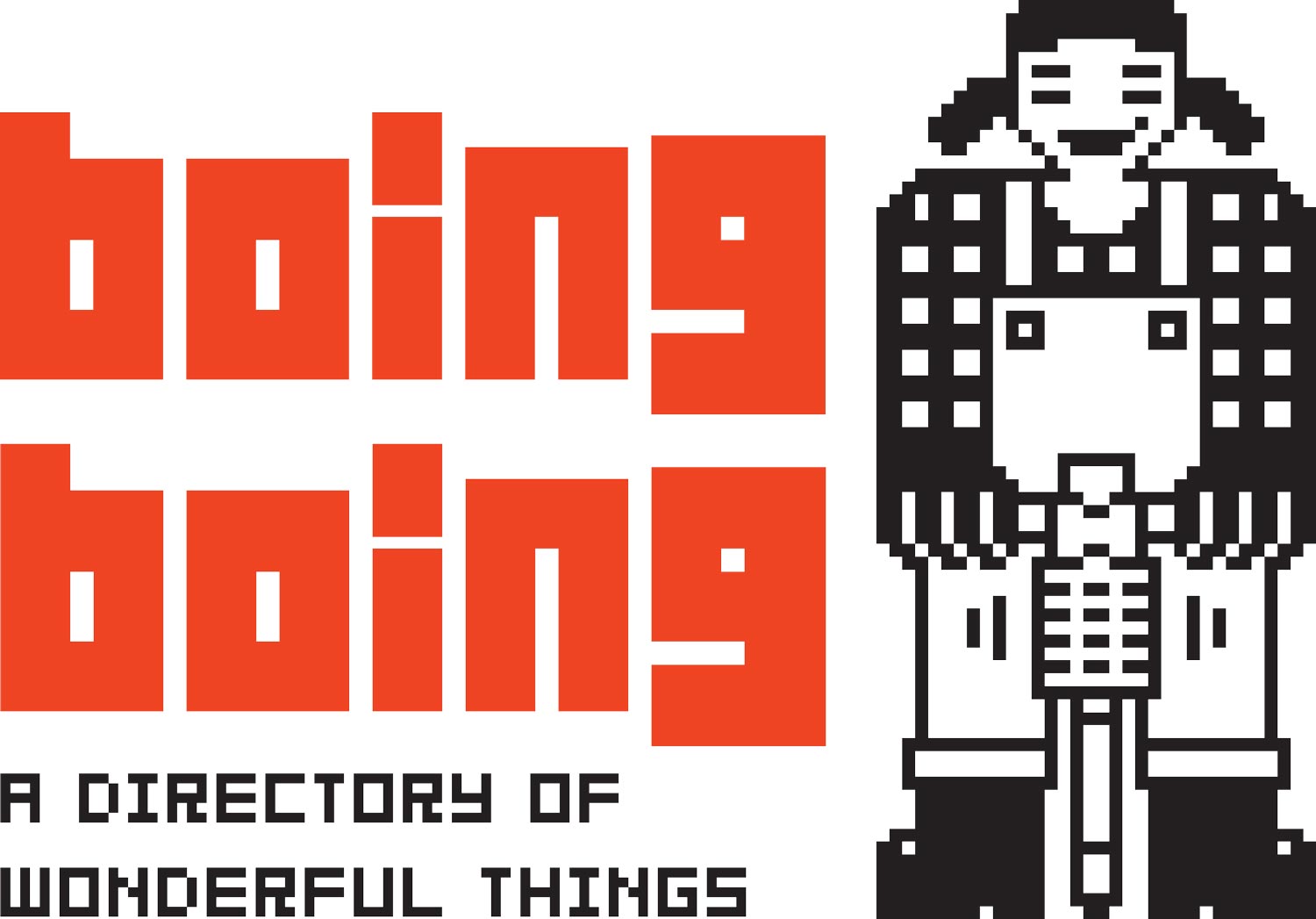## Hold onto your wallets, gamers! Xbox just announced price hikes on EVERYTHING. You know that nagging feeling when your backlog keeps growing and your bank account feels like a graveyard? Yeah, we feel you. But hey, at least your frustration is about to be validated! Microsoft has just dropped the bomb: Xbox is raising prices on games, consoles, subscriptions, and probably even the air you breathe in a gaming room. That’s right, everything’s getting more expensive. So, are you ready to shell out even more cash for your digital dopamine fix? We’re diving deep into the details and exploring what this means for your wallet (and your gaming habits).
Nintendo’s Switch 2: A Controversial Pricing Paradigm

The recent announcement of the Nintendo Switch 2 and its suggested retail price of $349.99 has sparked considerable debate within the gaming community. While the console itself seems to offer a significant performance boost over its predecessor, the pricing of games for the Switch 2, rumored to be around $70, has raised eyebrows. This shift towards a higher price point for first-party Nintendo titles, coupled with the $349.99 price tag for the console, has led to accusations of Nintendo capitalizing on its loyal fanbase. Some analysts suggest this pricing strategy could be a gamble, potentially alienating budget-conscious gamers.
This pricing model has undeniably created a ripple effect, influencing the decisions of other console manufacturers. Xbox’s recent announcement of price increases for both its consoles and controllers, as well as the imminent rise in the price of first-party games to $79.99, might be seen as a direct response to the Switch 2’s pricing paradigm.

Sony’s Price Strategies: Walking a Different Path
In contrast to both Nintendo and Microsoft, Sony has largely maintained a consistent pricing strategy for its PlayStation 5 consoles and games. While there have been occasional price adjustments in specific markets, Sony has generally avoided drastic price hikes. This approach suggests that Sony is prioritizing market share and maintaining a competitive edge by offering a perceived value proposition with its consoles and games.
However, Sony has recently introduced a new subscription service, PlayStation Plus, which offers various tiers with differing levels of access to games, cloud streaming, and online multiplayer. This move indicates a shift towards a subscription-based model, potentially mirroring the strategy employed by Xbox Game Pass.

The Competitive Landscape: A Price War Looms?
The recent price hikes by both Xbox and the rumored pricing of the Switch 2’s games have undoubtedly altered the competitive landscape of the gaming industry. This trend could potentially lead to a price war, with each console manufacturer vying for market dominance through competitive pricing strategies.
The impact on gamers remains to be seen. While some may find the increased cost of consoles and games prohibitive, others may be willing to pay a premium for the latest technology and exclusive content. The success of each console manufacturer will ultimately depend on its ability to balance pricing with value proposition and cater to the diverse needs and preferences of its target audience.

The Impact on Gamers
Budget-Conscious Players: Feeling the Pinch
For gamers who prioritize affordability, these price increases can be particularly challenging. The rising cost of consoles, games, and accessories can significantly impact gaming budgets, potentially leading to a decrease in overall playtime or a reduction in the number of games purchased. This trend could disproportionately affect young gamers, families, and individuals on a tight budget.
Subscription Services: A Valuable Counterpoint
In the face of these price hikes, subscription services like Xbox Game Pass offer a compelling alternative for gamers seeking value. With Game Pass, subscribers gain access to a vast library of games for a monthly fee, effectively reducing the cost per game played. This model offers a more flexible and cost-effective approach to gaming, particularly for those who enjoy exploring a variety of titles. The success of Game Pass has undoubtedly put pressure on other console manufacturers to explore similar subscription-based models.
The Future of Gaming: Accessibility at Risk?
The long-term implications of these price hikes for the gaming industry remain unclear. While the increased revenue generated by higher prices may benefit console manufacturers, it also raises concerns about the accessibility of gaming for a wider audience. If the cost of entry continues to rise, it could potentially lead to a more exclusive gaming landscape, limiting participation and innovation.
Ultimately, the future of gaming hinges on the delicate balance between providing engaging and innovative experiences while ensuring they remain accessible to gamers of all socioeconomic backgrounds.
Conclusion
So there you have it, folks. Xbox is raising the prices on its games, consoles, and subscriptions, leaving gamers wondering if their favorite hobby is becoming increasingly unaffordable. While Microsoft cites rising costs and global economic pressures, the reality is that this price hike will undoubtedly impact players, especially those already feeling the pinch of inflation. From the casual gamer picking up a new title to the dedicated enthusiast with a subscription to Game Pass, everyone is feeling the squeeze.
This move by Xbox isn’t just about a few extra dollars here and there; it signals a broader trend in the gaming industry. As technology advances and development costs soar, we may see more companies follow suit, squeezing gamers with higher prices. This raises crucial questions: will gamers accept these price hikes, or will they seek alternatives? Will indie developers be squeezed out of the market, or will they find innovative ways to thrive? The future of gaming hinges on these answers, and it’s a future that demands careful consideration from both consumers and industry leaders.
